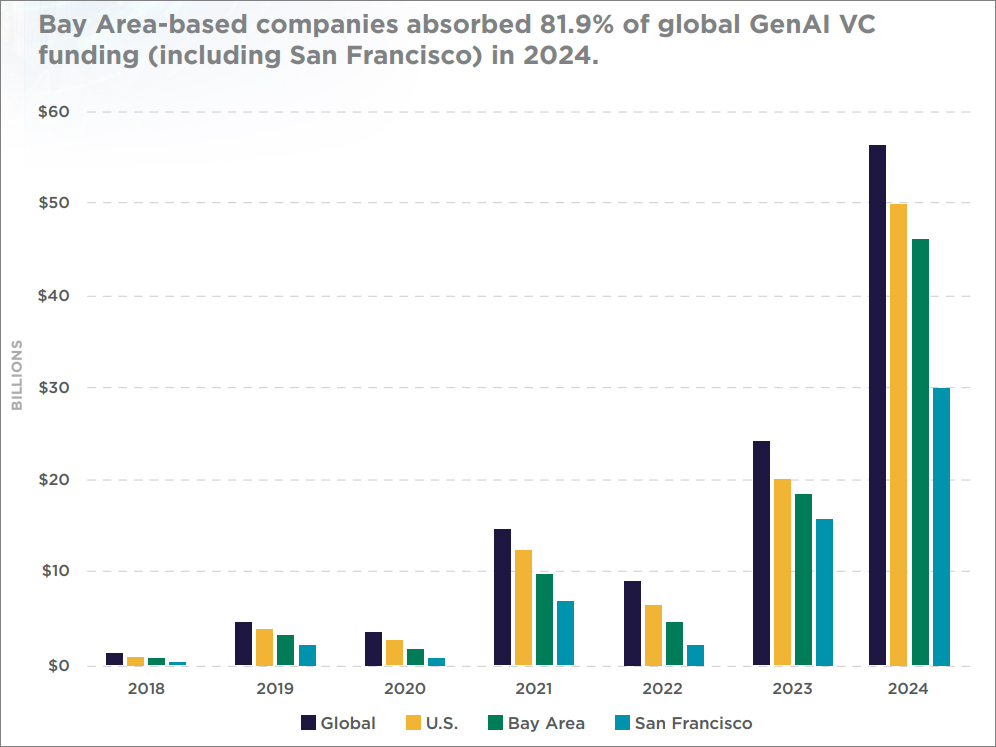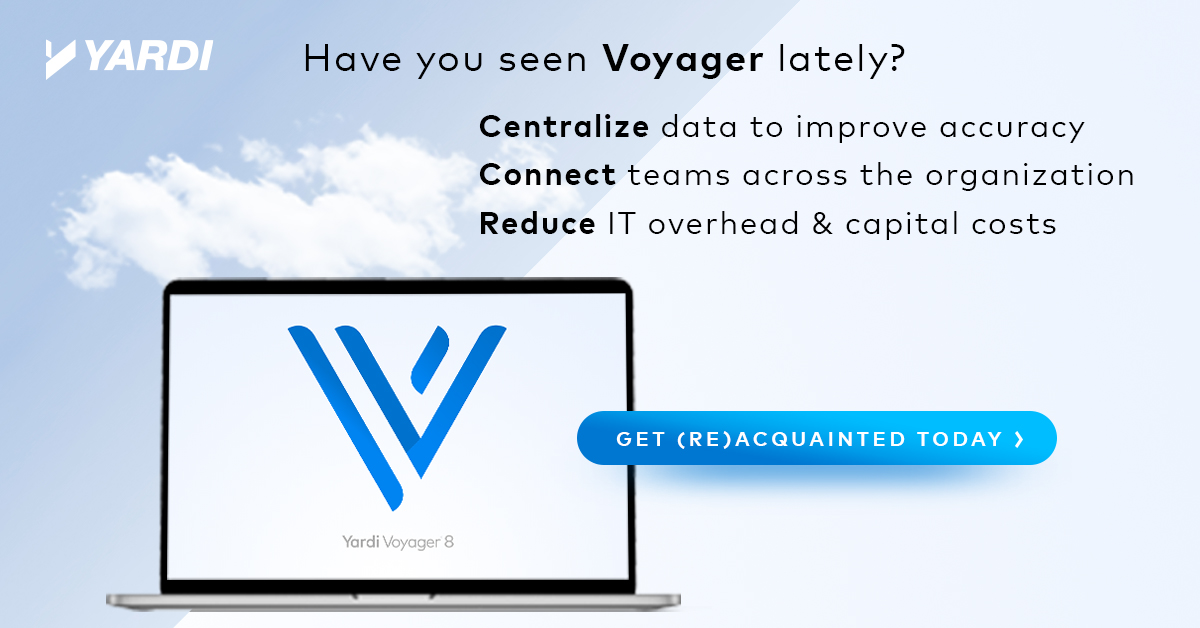CDO Stack: Why 2023 Will Be Transformative for CRE Tech
In this month's column, Deloitte’s John D’Angelo makes his annual predictions.
For the last couple of months, I’ve been taking this space to talk about results from Deloitte’s 2023 commercial real estate outlook survey. While there are certainly compelling insights to be found in that survey, I’m going to pivot to what I think is going to happen next year in commercial real estate with respect to technology-related efforts and investments. I’m more optimistic than ever about transformation taking hold, about blockchain-related innovation, and about our physical assets getting smarter.
Earlier in the year I thought we’d see a slowing of the technology and digital transformation that we’ve (finally) been seeing in the industry. But that hasn’t happened, for three reasons.
First, some of these transformations aren’t optional. For example, some projects need to happen so that the companies in question have viable technology platforms. In these cases, the companies have so woefully underinvested in their systems for so long (a decade or two) that those systems are no longer supported and must be replaced or updated.
Second, initiatives that are about transforming operations—fundamentally, how work happens—have ROI associated with them. Those initiatives focus on either efficiency (reducing the number of people it takes to keep operations running), effectiveness (gaining insights that produce earlier and better decisions) or both. Since mid-summer 2021, the great resignation and reshuffle have starved operations in real estate of the people required to do the work, which in turn has triggered many digital transformation initiatives. For some, it’s now about sticking with it to realize a competitive advantage.
Focus time
I didn’t understand the third reason before the Global Financial Crisis of the late 2000’s. One lesson learned from that period is that transformation is WAY easier when transaction volumes are down. Don’t kill the messenger, but transaction volumes are certainly down in the second half of 2022, and that’s likely to extend into 2023 as commercial properties re-price and availability and cost of debt continue to be a challenge. After the dust settles from an often manic period of growth, some companies will use this coming period the market to invest in transformation. Their people will have more time, fewer distractions and the ability to focus on the process of change.
Additionally, next year I’m expecting blockchain-related advances in real estate to take hold. Our clients are expressing more interest in smart contracts and other innovations that are made possible or practical through applied blockchain solutions. If the number of conversations we’re having and our survey results are any indication, this is the year I’m right in predicting the rise of blockchain.
Lastly, an increase in smart buildings seems like an easy prediction. At Deloitte, we’ve seen a spike in both conversations and projects that I expect to accelerate in 2023 as both owners and occupants come to terms with sustainability challenges. As companies drive toward carbon neutrality goals and disclosure requirements, they quickly realize that the buildings we occupy contribute 40 percent to 50 percent to greenhouse gas emissions. Improving the way buildings consume resources and produce waste represents a great opportunity to achieve carbon neutrality goals.
And smart building technologies, combined with more efficient core building systems, promise a triple benefit: reducing consumption and waste, offering compelling ROI, and making the building more comfortable for those who use it. Couple that with the tax incentives contained in the Inflation Reduction Act, and I find it hard to bet against continued strong momentum for smart building technologies in 2023 and beyond. However the year ahead plays out, I continue to be optimistic about technology innovation and transformation in our industry.
John D’Angelo is a managing director with Deloitte and is the firm’s real estate solutions leader, designing solutions to address client challenges and push the industry forward. With over 33 years of experience as a management consultant to the global real estate industry, John has helped some of the biggest names in real estate leverage technology and use data to optimize and transform their operations.









You must be logged in to post a comment.